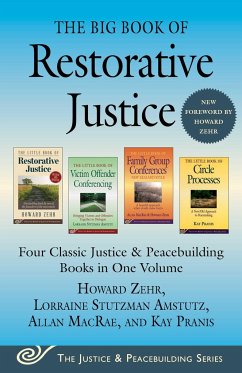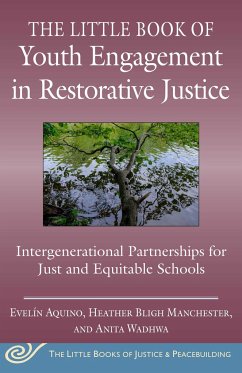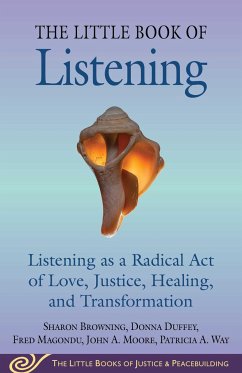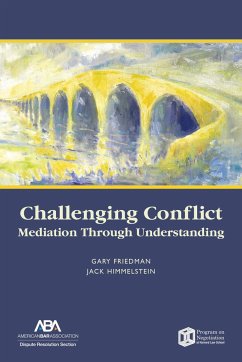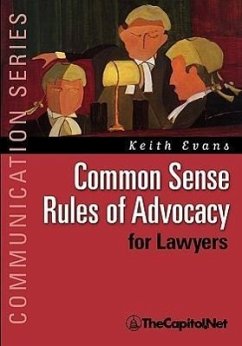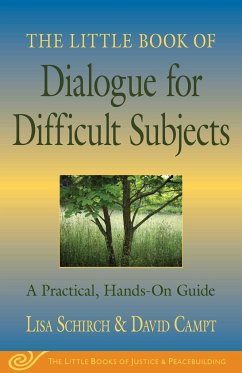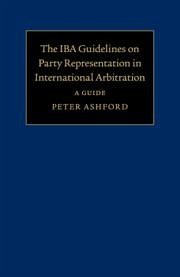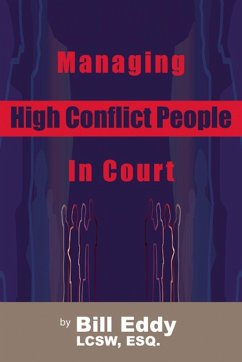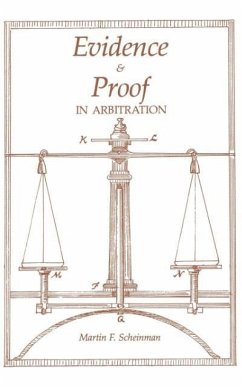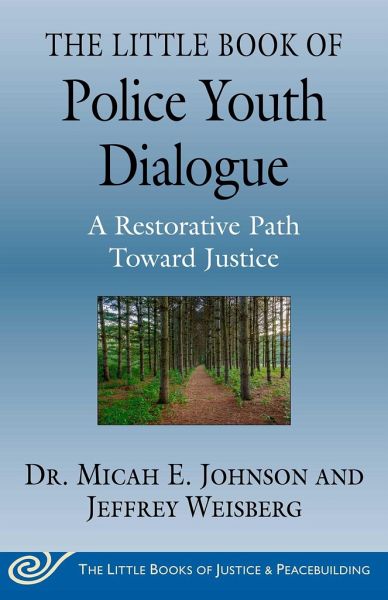
The Little Book of Police Youth Dialogue
A Restorative Path Toward Justice
Versandkostenfrei!
Versandfertig in über 4 Wochen
7,49 €
inkl. MwSt.

PAYBACK Punkte
4 °P sammeln!
Discover the police-youth dialogue (PYD) as a method to build trustworthiness, mend relationships, and heal historical harms between black youth and law enforcement. This timely book from the Justice and Peacebuilding series offers an explanation of the need for meaningful dialogue between law enforcement and black youth, a blueprint for implementing police-youth dialogues, best practices and examples, anecdotes and narratives from participants, different models and formats, potholes and limitations, and tangible tools and action steps for starting a police-youth dialogue program. Ultimately, ...
Discover the police-youth dialogue (PYD) as a method to build trustworthiness, mend relationships, and heal historical harms between black youth and law enforcement. This timely book from the Justice and Peacebuilding series offers an explanation of the need for meaningful dialogue between law enforcement and black youth, a blueprint for implementing police-youth dialogues, best practices and examples, anecdotes and narratives from participants, different models and formats, potholes and limitations, and tangible tools and action steps for starting a police-youth dialogue program. Ultimately, the strategies and techniques used in effective police-youth dialogues can bring attention to issues of implicit bias and the impact of toxic stress on marginalized groups, ameliorate tensions between law enforcement officers and black youth, and build toward a model of community policing and restorative justice rather than punitive discipline and violence. The Little Book of Police-Youth Dialogue presents readers with relevant knowledge and research regarding trauma and race in the United States, strategies for creating a safe space of attentive listening and mediating genuine connections between police officers and black youth, and specific ways to take action in ameliorating police-youth tensions and promoting healing in their local communities.



